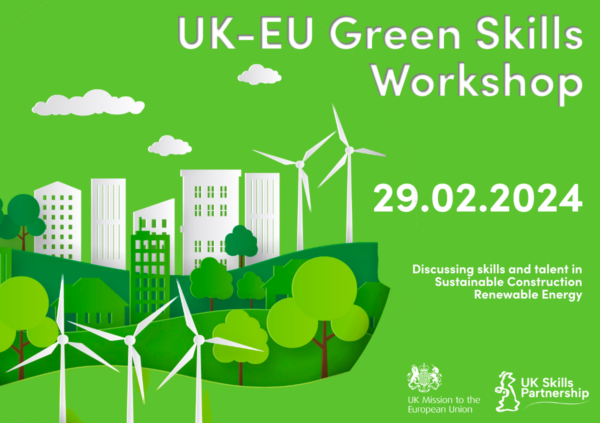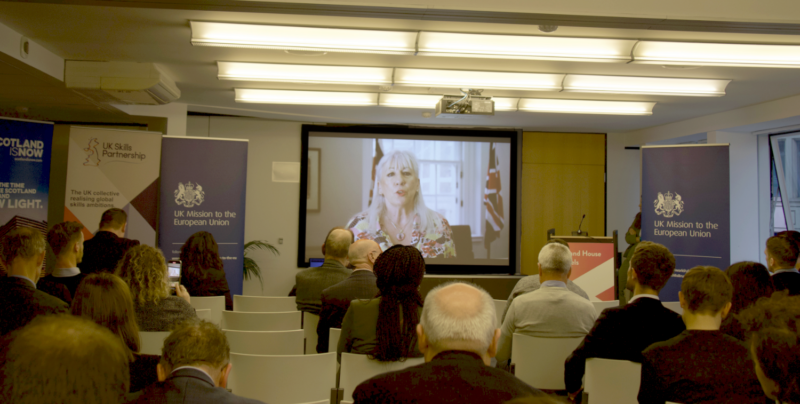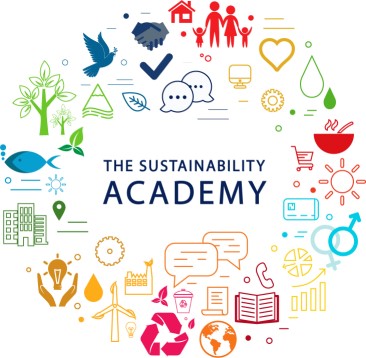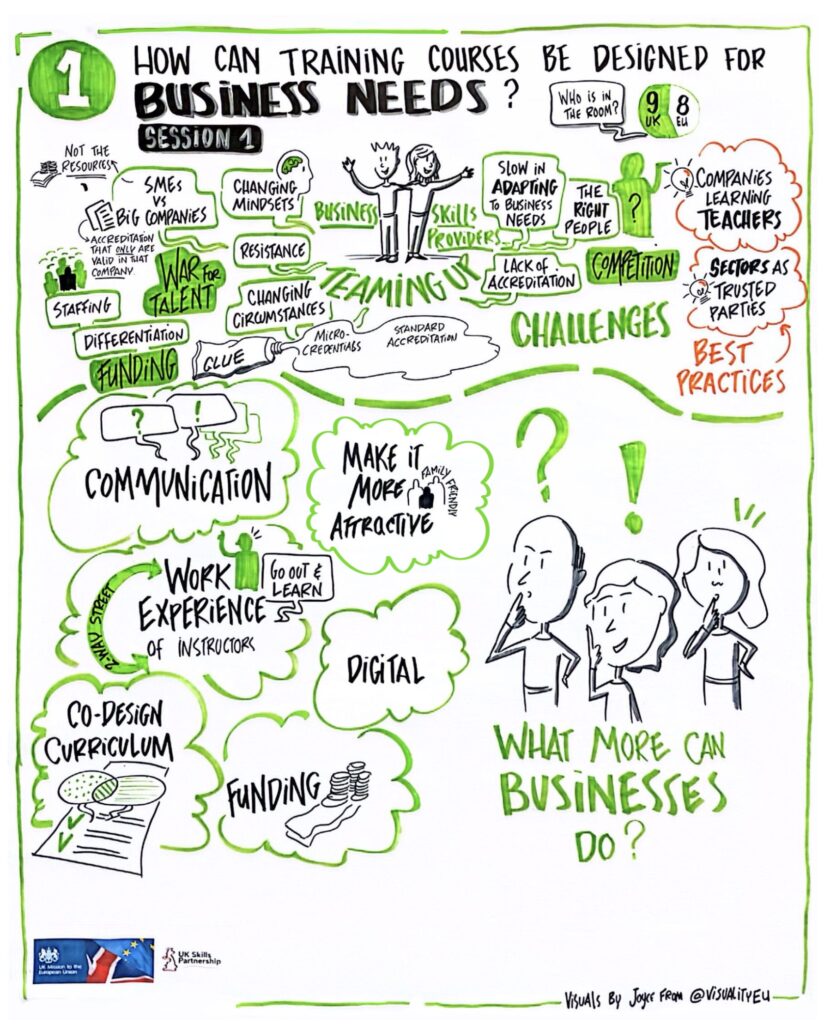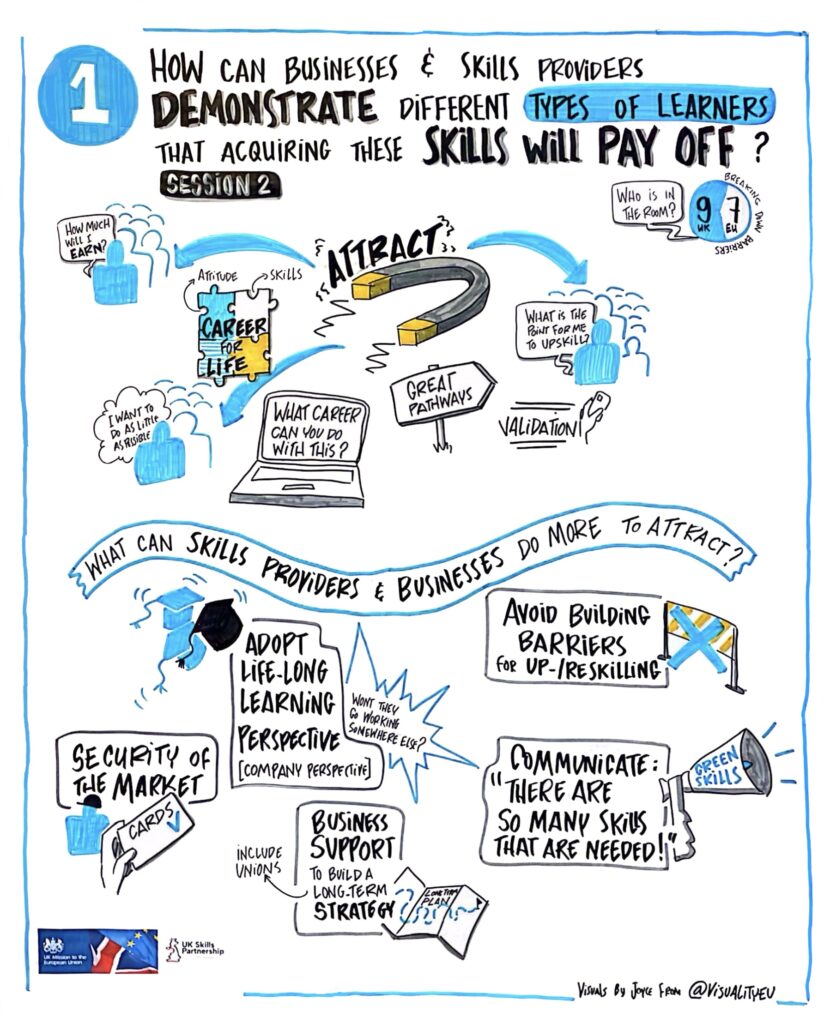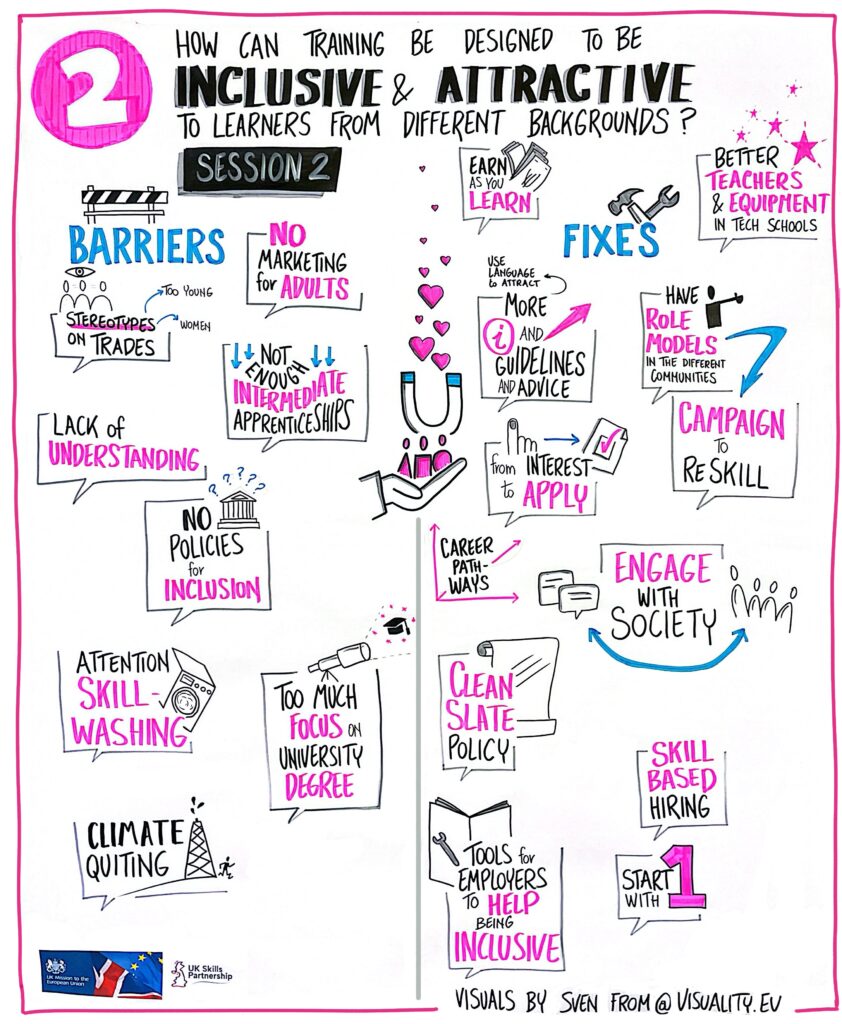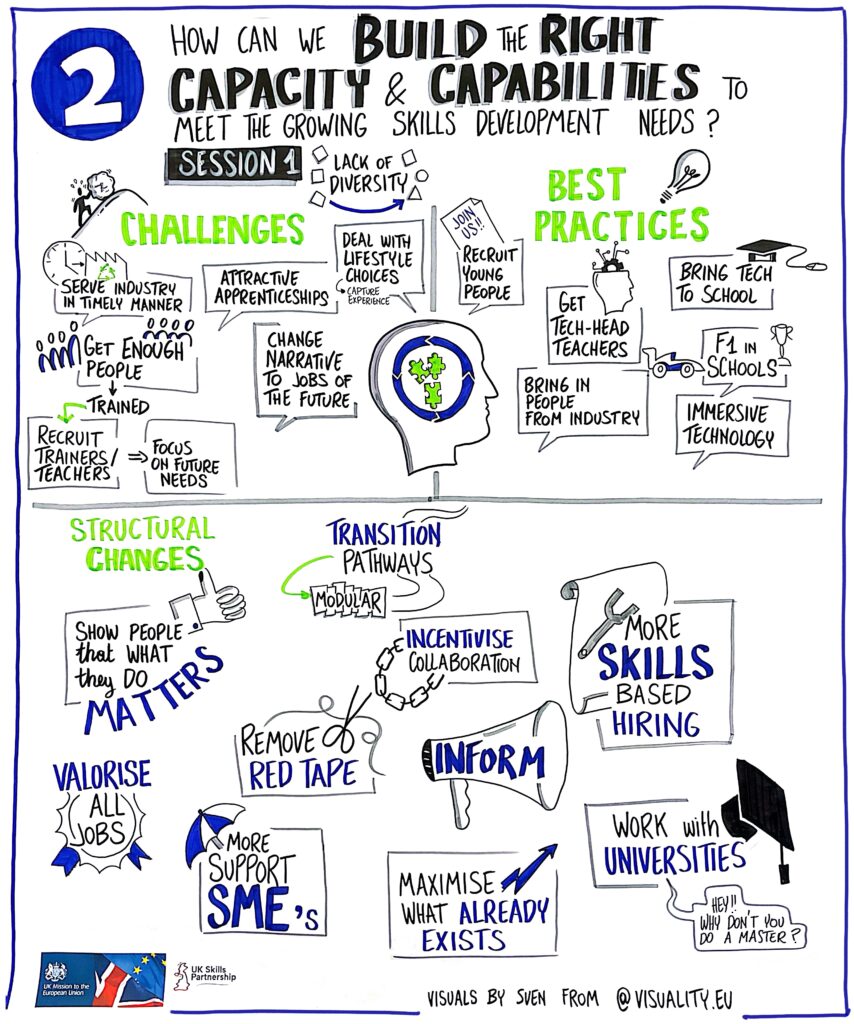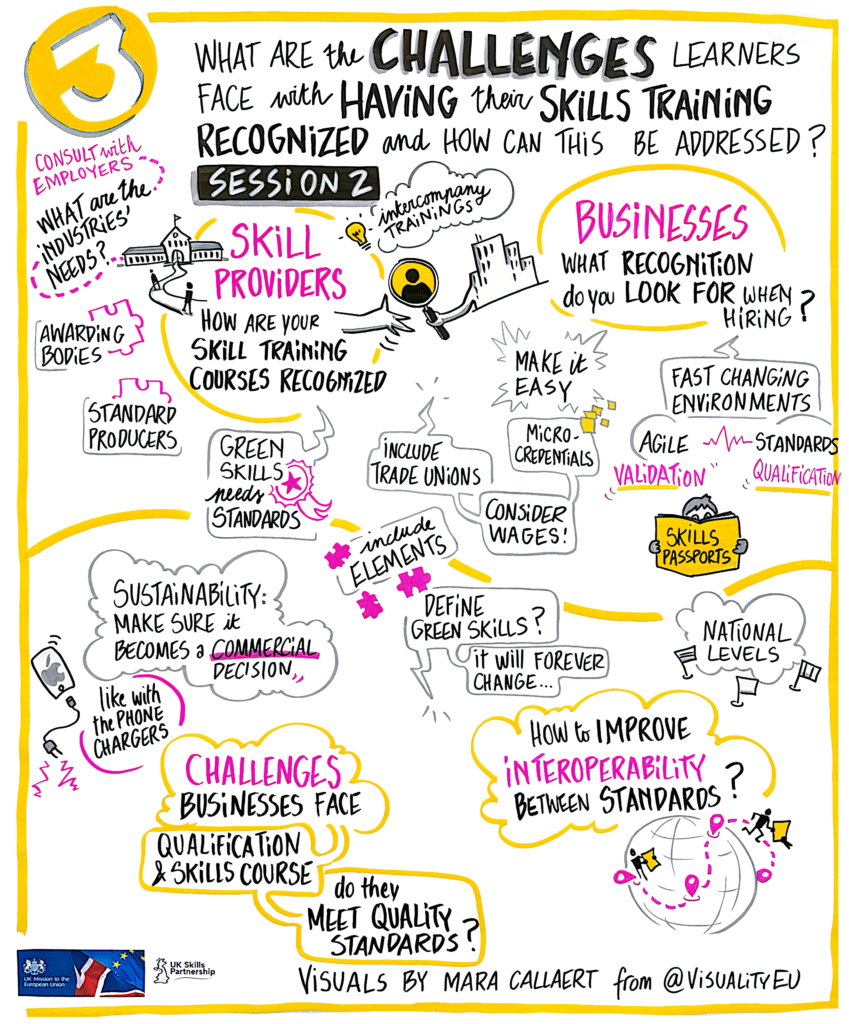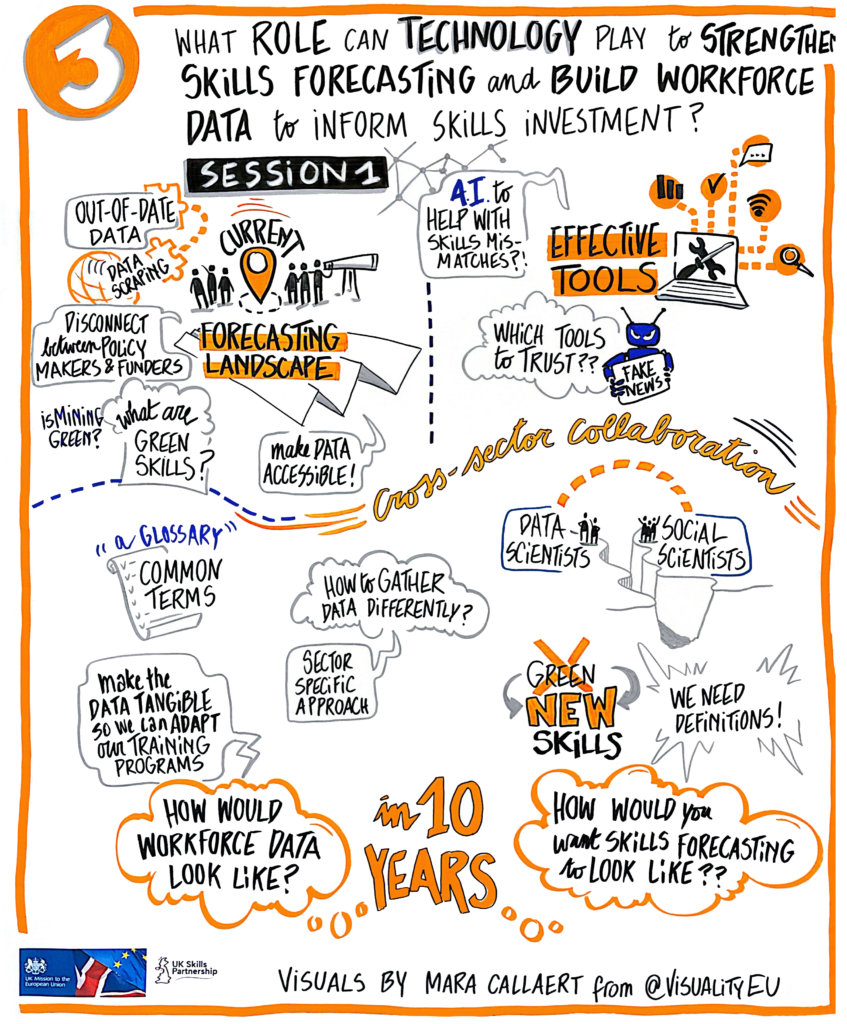Green Skills Workshop reflections: Nurturing Talent and Fostering Change
Jane Rexworthy Chair of the UK Skills Partnership and Exec Director People 1st International.
This week I had the privilege of attending the UK-EU Green Skills Workshop in Brussels on February 29th, 2024, organised by the UK Mission in the European Union and the UK Skills Partnership.
This significant event brought together experts in green energy, education, and industry to delve into the critical theme of “Green Skills.” The workshop aimed to address challenges, share insights, and explore opportunities in preparing the workforce for the demands of a sustainable future.
The Green Skills Workshop kicked off with an enlightening keynote speech by Dr. El Iza Mohamedou, Head of the OECD Centre for Skills. The subsequent workshops revolved around two key topics:
- Designing Skills Programmes for the Green Economy: Experts discussed the importance of tailoring skills programs to meet the specific needs of the evolving green economy. The focus was on developing initiatives that align with industry requirements and foster a skilled workforce ready to tackle environmental challenges.
- Increasing Participation in Green Jobs Skills Programs: Delving into the issue of attracting talent to green occupations, this session explored strategies to boost engagement and participation in skills programmes. It aimed to address the challenges of navigating a complex landscape of qualifications and promoting the appeal of green careers.

